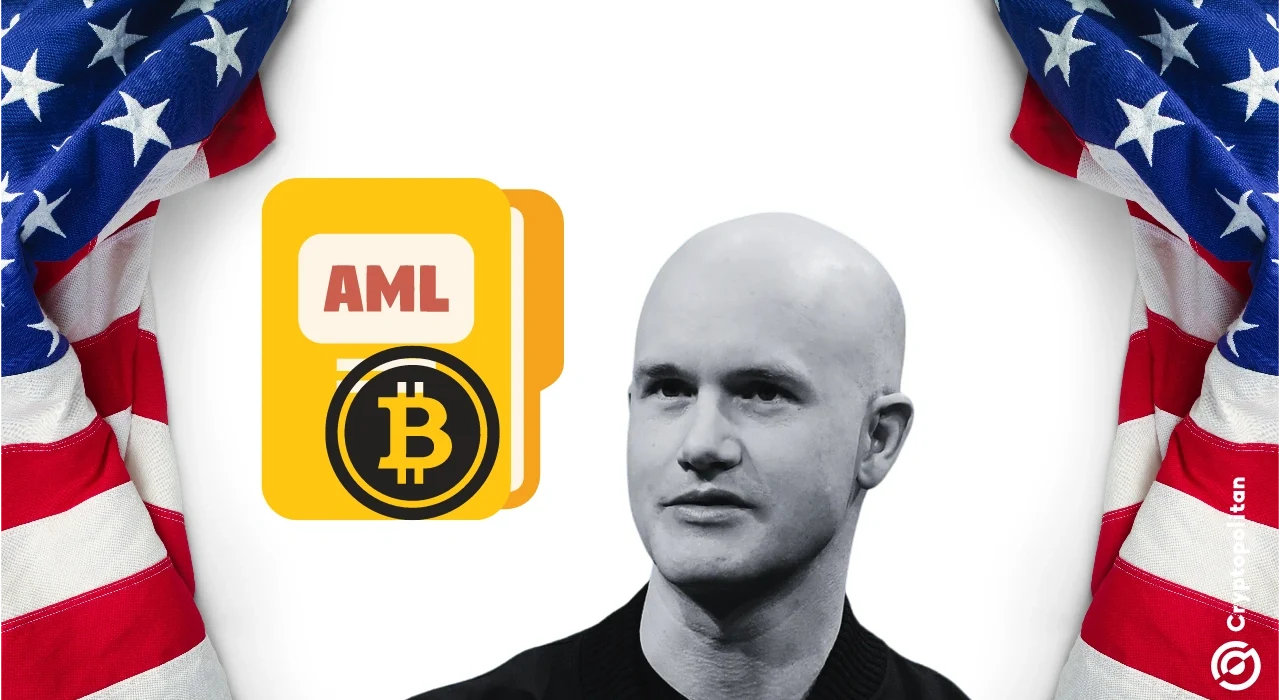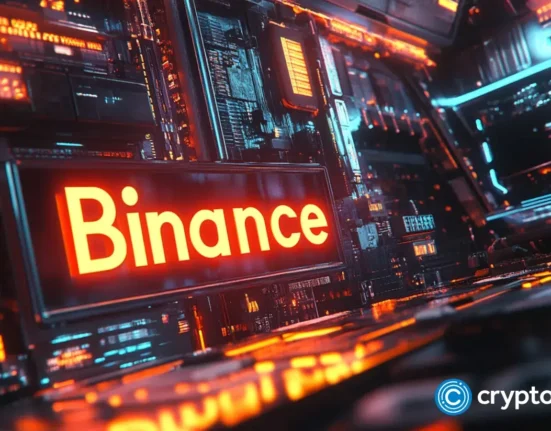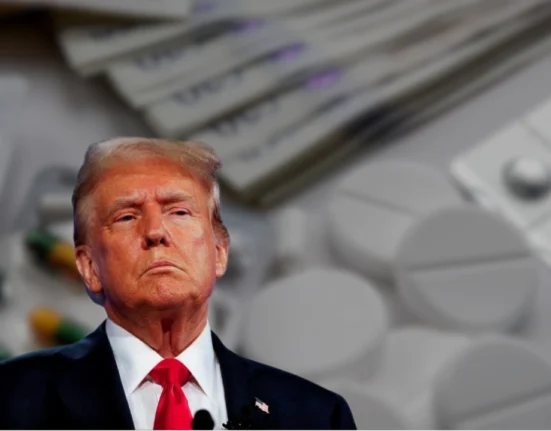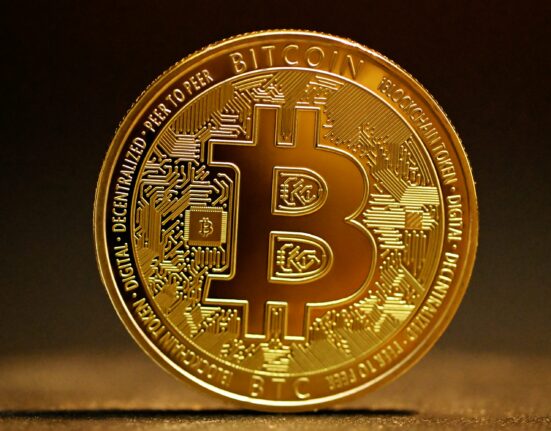Brian Armstrong, CEO of Coinbase, has branded America’s current Anti-Money Laundering (AML) regulations an economic disaster. He said these rules bleed $213 billion from the global economy every year while failing miserably to curb criminal activity.
Brian cited a report from the United Nations, revealing that just 0.2% of illicit transactions are intercepted. “Sounds like a job for Elon Musk’s Department of Government Efficiency (D.O.G.E),” Brian quipped.
He laid bare the root cause of the widespread “debanking” phenomenon: regulators have handed the job of enforcing money-laundering laws to financial institutions. Banks risk nine- or ten-figure fines if they slip up. This has made them hyper-cautious, driving legitimate businesses and individuals out of the banking system entirely.
Crypto industry stands together against US debanking
As we reported just a day earlier, Charles Hoskinson, co-founder of Cardano and Ethereum, has also spoken out against the coordinated assault on crypto. He took to X (formerly Twitter) to warn the community that the crackdown is actually worse than anyone thought.
“So many people put their head in the sand for political reasons,” he wrote. “It is worse and global. So many businesses were harassed, fined, audited, and de-platformed.”
Charles linked the current situation to Operation Chokepoint 2.0, a modern iteration of the controversial Obama-era program that cut off banking for industries deemed high-risk. Back then, it was payday lenders and firearms dealers. Today, it’s blockchain companies.
While Operation Chokepoint officially ended in 2017, crypto insiders claim it was revived in 2021, this time with a focus on strangling the growth of decentralized finance (DeFi).
Gabriel Abed, a chairman at Binance, shared his own horror story. His accounts at First Citizens Caribbean Bank—accounts he had maintained for more than a decade—were abruptly shut down. The reason? He had received a Bitcoin-related deposit.
Abed said the bank’s CEO admitted they were afraid of damaging their relationships with American correspondent banks. Global banks are severing ties with crypto firms to comply with “standards” set by their U.S. counterparts.
Charles urged the community to unite and push for legislative change. “We have a small window of time to get a law passed,” he warned.
From Zero to Web3 Pro: Your 90-Day Career Launch Plan








